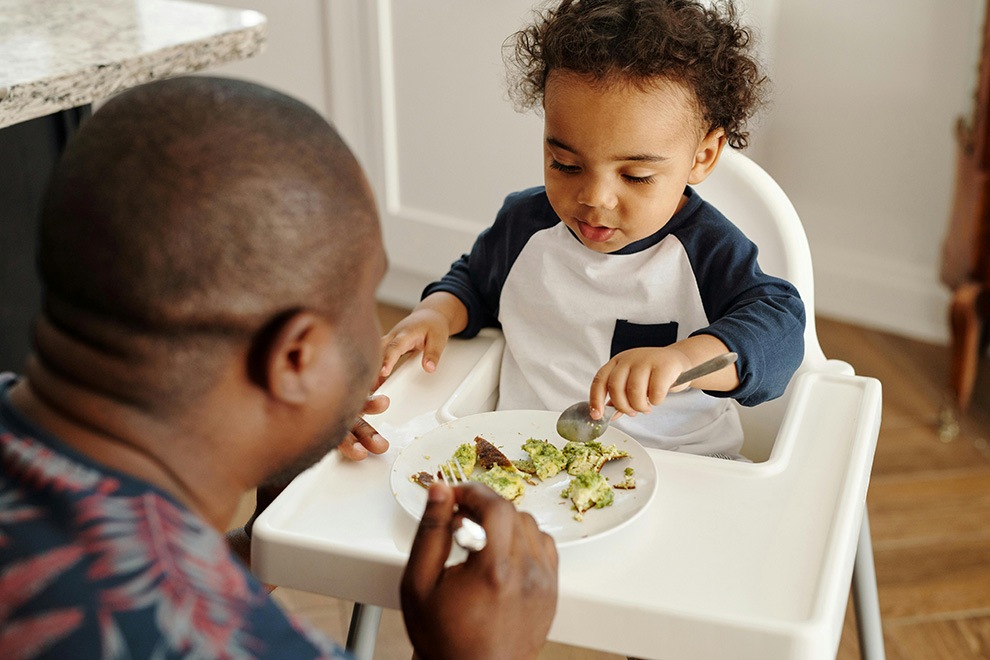You’re a parent. You are busy. All the time. If you had one wish, you would choose to stop the world for a few hours, just long enough to catch up. Maybe you would choose to sit down and drink your coffee the way it was intended – in peace and quiet. But that won’t happen today because there is just too much to do. And, you are raising little humans, which by itself is probably the biggest responsibility somebody could have. So while you have become a professional schedule juggler, your child approaches you with the exact opposite problem. “Mom, I’m bored.”
Bored? You wish you had time to be bored. But now you have yet another task at hand, as your child expects you to come up with a solution to her problem. You make some suggestions, but all are shot down quickly.
So what is a busy parent to do when children are bored? Let them. Being bored is an important part of development. Like other feelings, it serves a purpose. Sadness helps us reach out to others, and anger moves us to create change. Boredom fosters creativity. Because parents are such great problem-solvers, most of us are quick to suggest ideas for stopping that feeling of being bored. If you have tried this, you know it’s futile. Instead, teach your child that feeling bored is normal, and that it precedes new ideas. The key is to figure out what those exciting ideas are going to be. And the responsibility to accomplish this lies with your child, not you.
Unfortunately, with children, the boredom dilemma is not solved that easily. Feeling bored for a long period of time brings out frustration. Being bored and frustrated is very uncomfortable for your child. Still, it is very important to allow our children to stay within those feelings and find their own way out.
In helping kids deal with feelings, I encourage parents to see their role as a coach. You don’t need to do the actual work for your child. If you see him struggle, you offer encouragement and support. But you don’t resolve or do away with a problem for him. Your child will overcome undesired feelings by becoming more familiar with them. This idea sounds counterintuitive, but as the saying goes: Keep your loved ones close and your enemies closer.
Boredom is just another feeling children are learning to handle. It occurs when someone (of any age, really) realizes she isn’t getting new stimulation. When this happens to us while we wait at the grocery store, we may look at magazines, review our shopping lists, or may pull out our phone. But we don’t request that the cashier solve our boredom problem.
How would you like your children to handle feeling bored? I imagine you would like them to find something new to do – on their own. Maybe they can play with old toys in a new way, discover something they hadn’t done in a while, or come up with something else original and unique. The good news is that children can learn to deal with boredom. The important term here is learn. Like with many other things, you will be the one charged with teaching them this. Just remember that learning is a process. It does not happen overnight.
Here are some suggestions:
1. Learn to sit with uncomfortable feelings. If you avoid listening to your own negative emotions, you won’t hear what they are trying to tell you. You will also struggle with allowing your child to experience feelings that you try to avoid yourself. When you think of uncomfortable feelings as a part of life, you are better able to tolerate them in yourself and in your child.
2. Use empathy instead of problem-solving. Recognize your child’s feelings and join her in the experience. Reflective statements such as “That’s frustrating when you can’t think of anything to do” provide emotional support without solving your child’s problem.
3. Don’t take your child’s feelings personally. You are not responsible for keeping her busy at all times. She may feel frustrated when you don’t have a new activity readily available. Help your child express her feelings appropriately and move on.
4. Step into the role of a coach. The feeling world is one that seldom is explicitly explained to children. Teach your child to understand her feelings. Emotions often come up unannounced, and your child needs to be able to recognize them before acting on them. I am a huge fan of statements that help children understand their own internal world. In this case, you could say: “You are feeling frustrated because I am not helping you find something to do.” Or try this: “It’s really annoying for you when you are bored for such a long time.” At times, just teaching children why they experience certain feelings makes a world of difference. You might say: “Feeling bored is something that occurs when we need something new to happen, or we are looking for excitement. Sometimes it takes a little while to find that something, but when you find it, you will feel so much happier again.”
Attempting to deal with these feelings in a rational way early in the parenting journey will also prepare you for helping tweens and teens through emotional twists and turns that can be associated with hormones.
As parents, many of us are already dealing with more responsibilities than we can handle. Your child’s boredom is a blessing in disguise. Experiencing it is healthy. Knowing how to deal with uncomfortable situations is invaluable, and learning to alleviate boredom with creativity is priceless. The next time your child announces he feels bored, remember, he’s okay.





